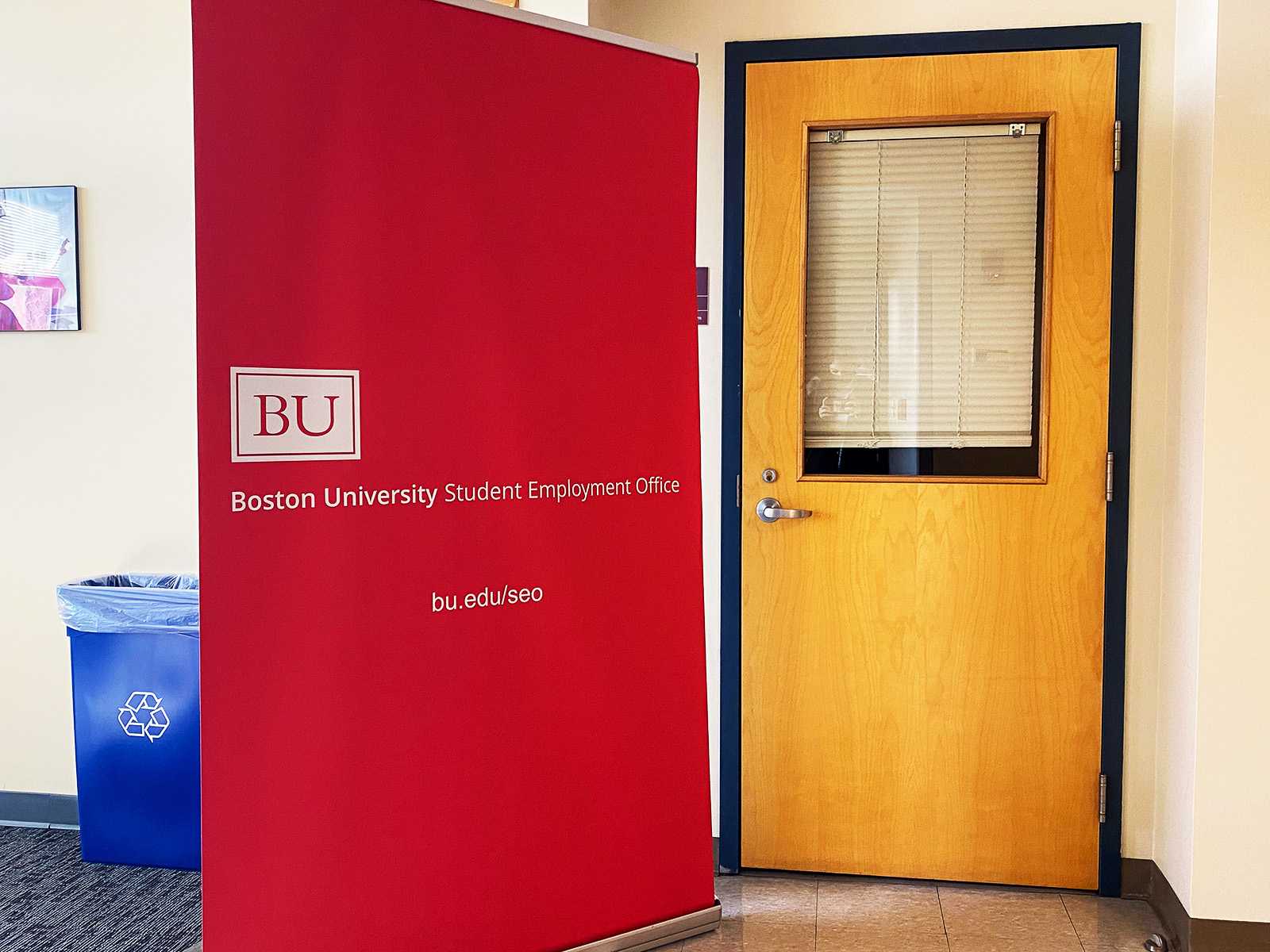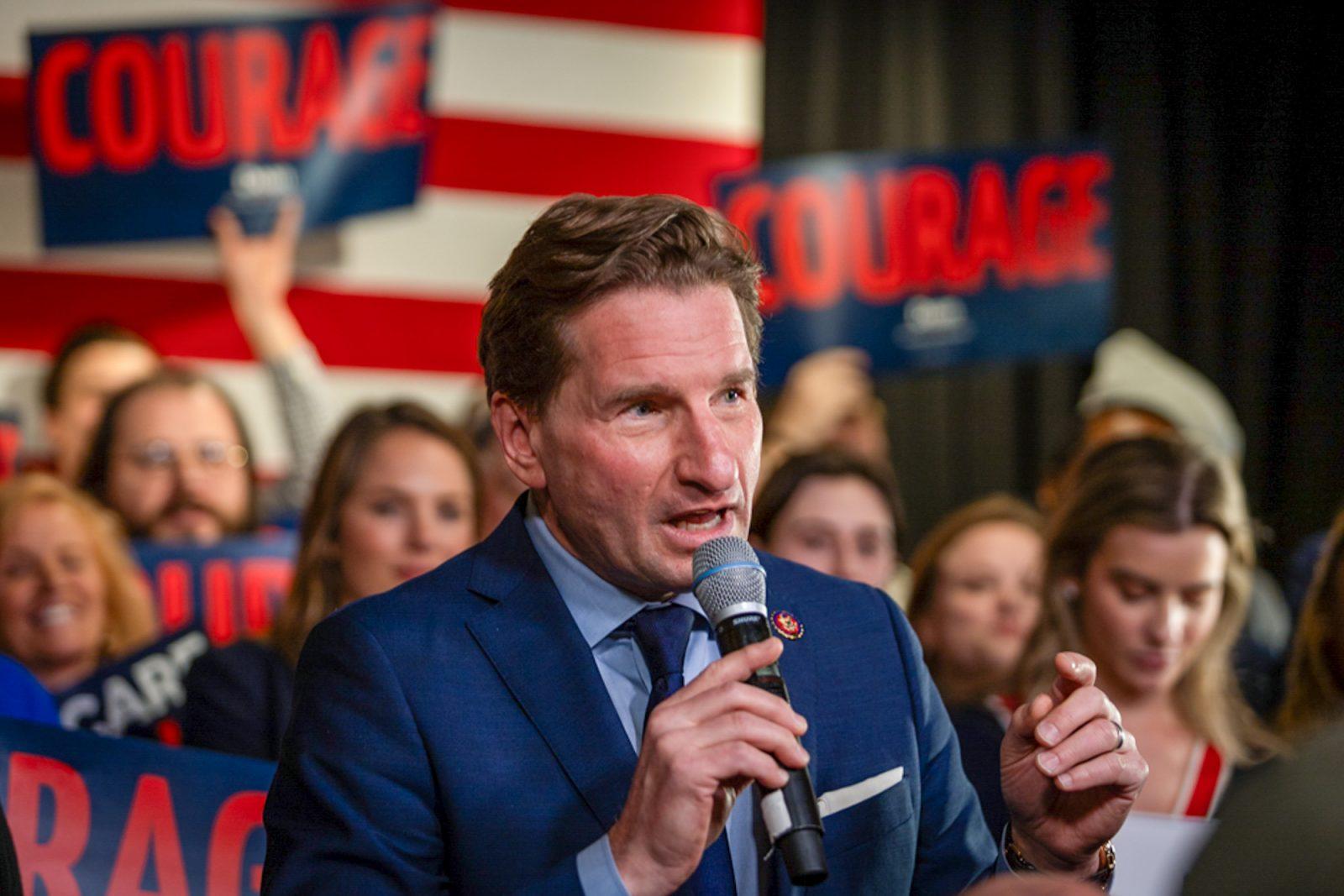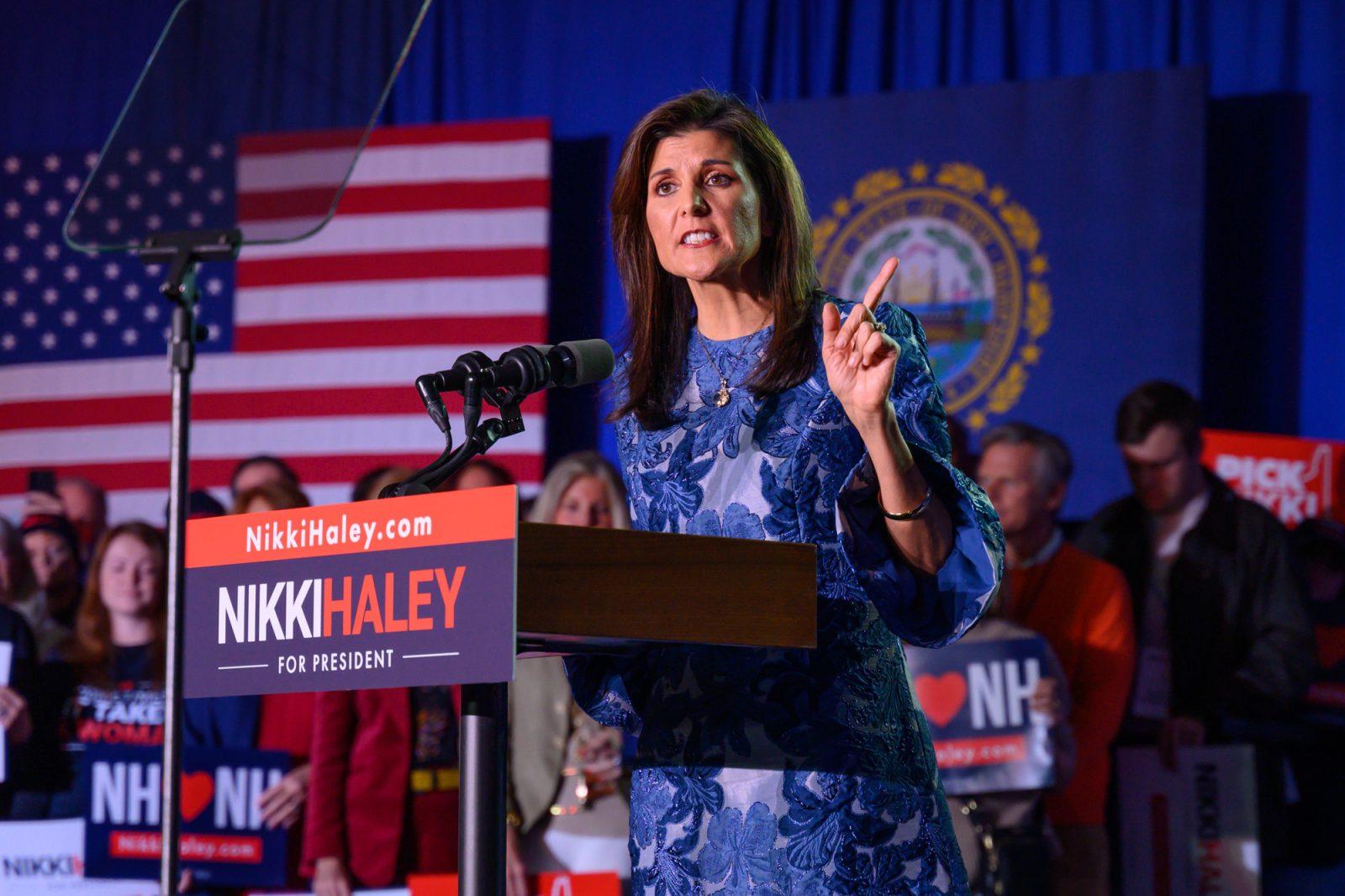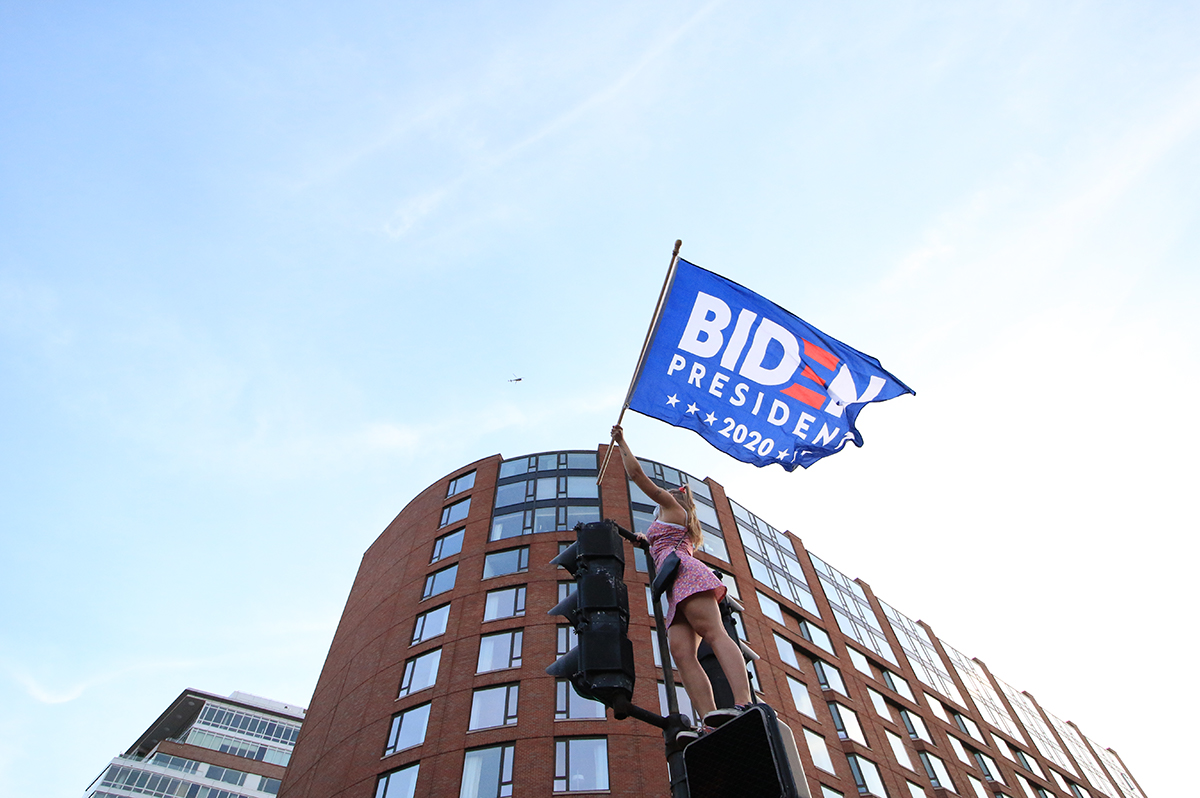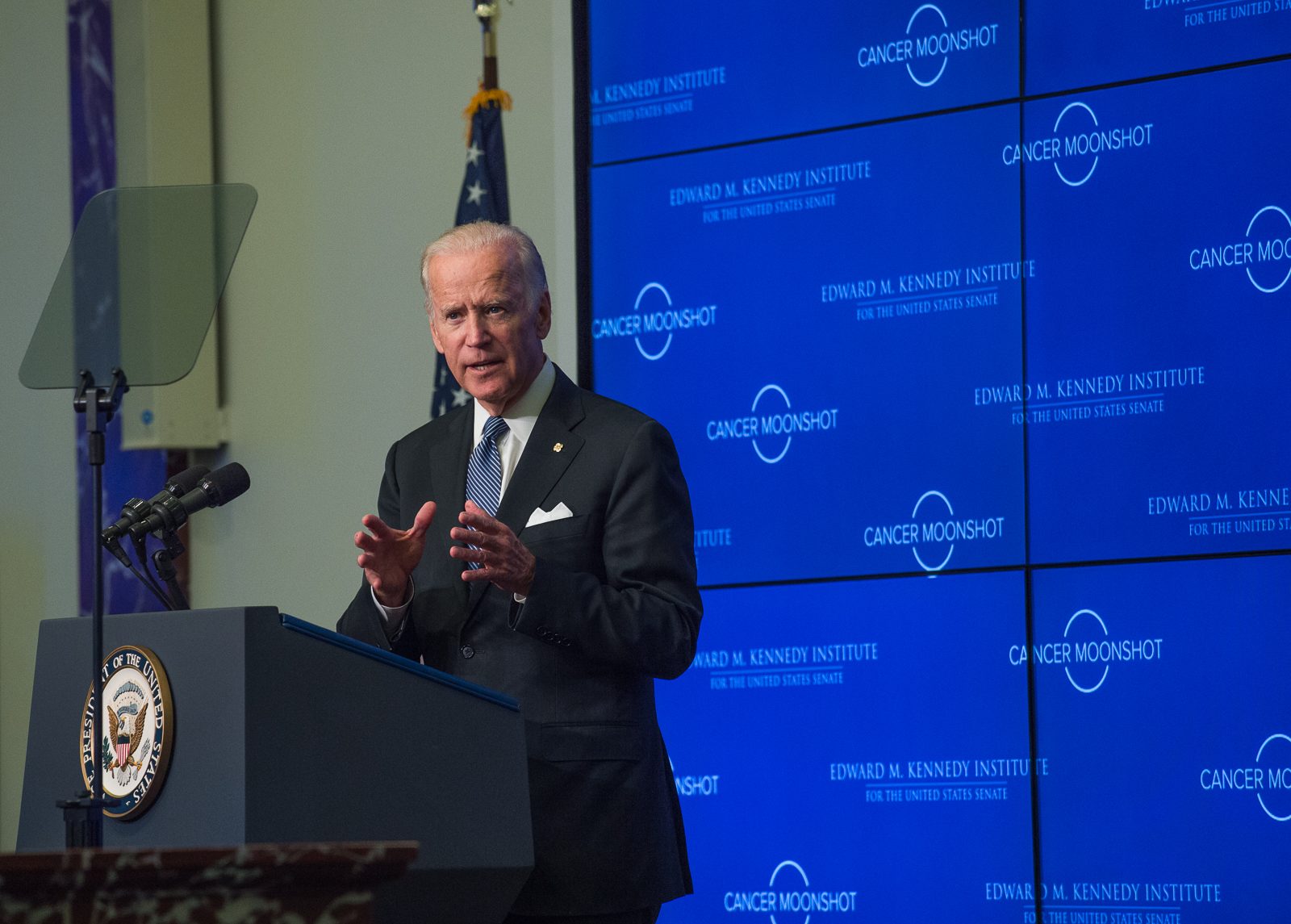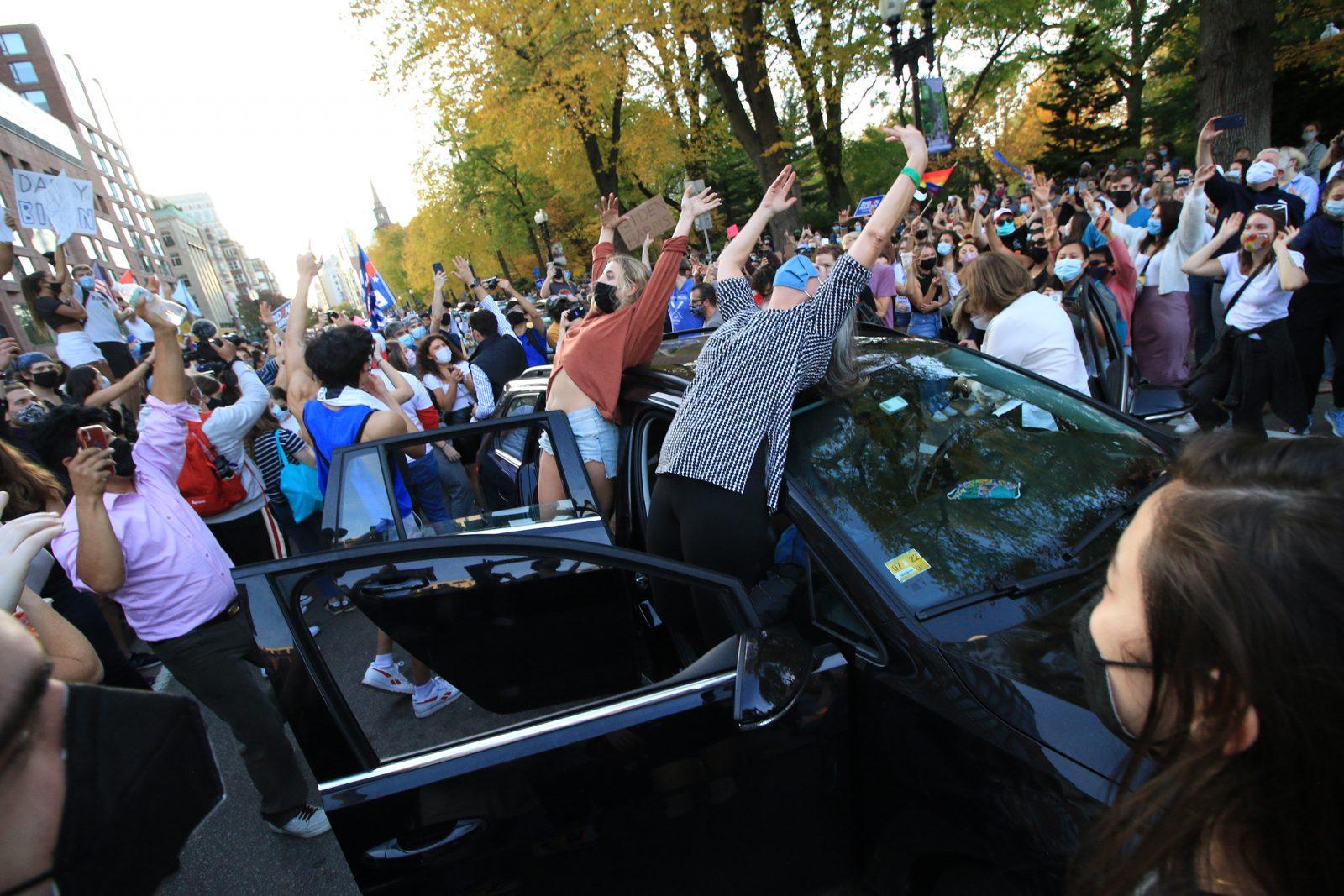Yuli-Yoel Edelstein, the Israeli minister of information and diaspora, arrived in Boston on Sunday for a three-day visit to promote a new campaign to educate Israeli citizens in diplomacy.
The campaign, which was launched in February, aims to teach Israelis how to improve their image abroad.
“Israel is not getting fair treatment,” Edelstein said in an interview with The Daily Free Press.
Israel is misrepresented in the “20-second news clips” that most people see, Edelstein said.
“All the time the picture is on ongoing violence,” he added.
Edelstein said the campaign aims to spread information about more than just the Israeli-Palestinian conflict, though its underlying purpose is defense against those who deny Israel’s right to exist.
“If our enemies manage to demonize Israel it will be very difficult for our younger generation to identify,” Edelstein said.
Though Edelstein said that the campaign is not targeting anti-Semitism directly, he expressed concerned with its rise.
At a Faneuil Hall Holocaust memorial, the minister said he saw people holding signs with the words “Jews are Murderers.”
During his trip to Boston, Edelstein said he met with rabbis, Jewish leaders, Brandeis University President Jehuda Reinharz, students and officers in the Israeli Defense Force.
Edelstein said that while most in the Jewish Diaspora have been supportive of the campaign, others are still resistant.
“Some would say you clean your own mess,” Edelstein said. “Some would say high time, thanks for waking up.”
Though Edelstein is a member of the right-wing Likud party, he said he welcomes criticism of Israeli politics.
Edelstein said that the campaign is not saying that “you have to support Israel right or wrong [. . .] no one has to support the wrong things.”
On Tuesday, Edelstein met for a roundtable discussion at the Harvard Kennedy School of Government with the Israeli Consulate, professors, diplomats and selected students.
Though the meeting was not open to the press, Mary Catherine Andrews, a fellow at the Kennedy School who chaired the event, said the conversation went well.
“I think it was very productive,” Andrews said.
Nadav Tamir, the consul general of Israel for New England, also attended.
Tamir wrote a controversial memo to Israeli President Benjamin Netanyahu last year which said that the country’s politics were “causing strategic damage” to U.S. and Israeli relations. However, he said that he supported the diplomacy agenda.
“We have the same philosophy and it’s based on representing Israel,” said Tamir.
Tamir said he was glad that Edelstein “put aside the models of fighting and name games.”
Natasha Epstein, the student co-chair of the Israel caucus at the Kennedy School, said that at first she “was not a big supporter” of the campaign because she said that wasn’t sure what the difference between public diplomacy and propaganda was.
Because the campaign is voluntary, Epstein said, “he convinced me that [it’s] not propaganda.”
But attendee Yair Lior, an Israeli citizen and BU graduate student, remained skeptical of the ability of the program to improve the Israeli image.
Lior said he liked Edelstein’s suggestion to be yourself when encountering foreigners but he did not like the idea of telling others about Israel’s accomplishments.
“Israelis don’t need to boast about our achievements in high tech and in medicine,” Lior said. “If I meet a Japanese or a French person, I’m not expecting them to tell me about the achievements of Japan or France, I want to see a human being in front of me.”























































































































